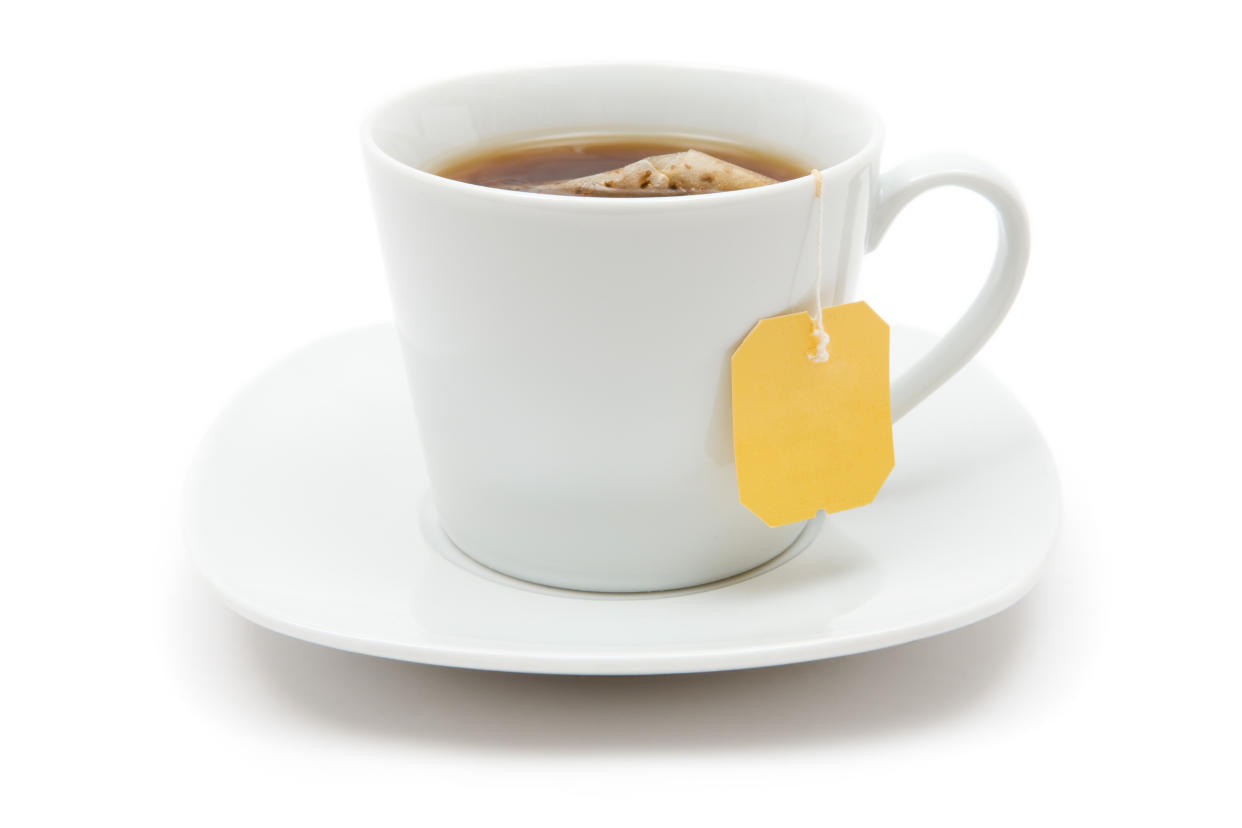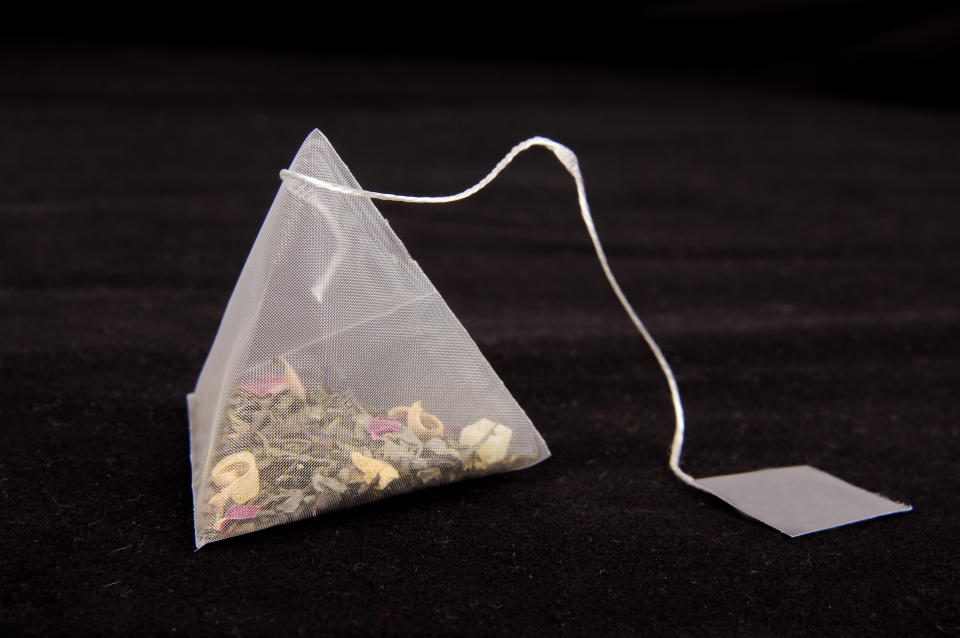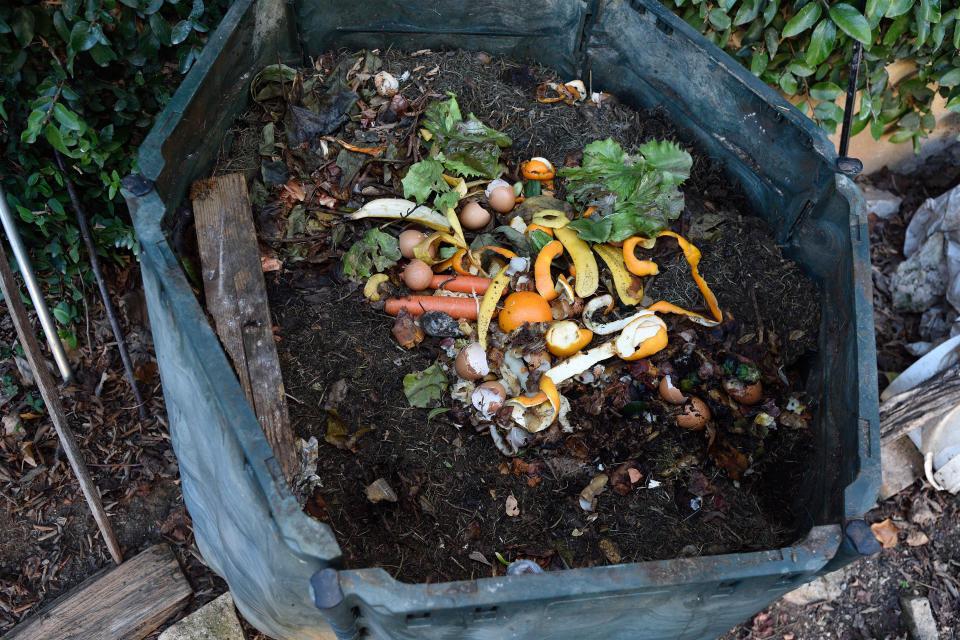Which teabags have microplastics in them?

New research has revealed that some teabags could be leaving billions of microplastic particles in your brew - but how do we know which ones?
Canadian researchers carried out tests on four different types of teabags to find out much plastic was released from the bags when they were put into boiling water.
They found that the amount of particles released from the teabags were “several orders of magnitude higher than plastic loads previously reported in other foods”, according to the study published by the journal of Environmental Science and Technology.
So does that apply to all teabags, or are some worse than others?
While most teabags are made from paper held together with a plastic sealant, some brands - usually premium ones where the bag comes in a pyramid shape - use more plastic.

How did the study work?
For the study the researchers removed the tea from the four different tea bags and placed the empty bags in water heated to 95C (203F) to mimic brewing tea.
They found that a single plastic teabag released about 11.6bn microplastic and 3.1bn smaller nanoplastic particles into the hot water.
The researchers suggested that the high number of particles that had come from the bags could have been due to the boiling water they were steeped in.
Does that mean we should all stop drinking tea?
Not necessarily. The researchers did not reveal which brands they had used in the study, but suggested that rather than avoiding brands consumers should try to avoid plastic packaging and consider switching to loose teas or paper teabags.
Most ‘ordinary’ plastic bags may look like they’re just made of paper but are held together with a sealant that contains polypropylene. This means if composted, they could still technically leave microplastics in the soil.

So which tea bags contain plastic?
Brands that use plastic sealants include Tetley, Twinings’ 'heat-sealed' and 'string and tag' ranges, Yorkshire Tea and some Aldi tea bags.
Co-Op and PG Tips have all switched to 100% compostable bags.
Abel & Cole and Teapigs using plant-based SoilOn and Clipper makes a plastic-free teabag made from bananas, while some Tetley and Twinings ranges are biodegradable.
The United Kingdom Tea & Infusions Association, which represents UK businesses operating in that sector, told Yahoo News UK in a statement: “The vast majority of teabags in the UK are made from natural plant fibres. It is true to say that some of these teabags contain a very small amount of plastic, this enables their edges to be heat sealed and stops them falling apart in hot water.
“If used for sealing, the plastic used was typically made of polypropylene or nylon, but increasingly, polylactic acid (PLA) is used, which is a renewable and sustainable biopolymer derived from plants and is biodegradable.”
But if you want to be absolutely sure your tea is plastic free, loose leaves are the best way to go.

 Yahoo News
Yahoo News 

